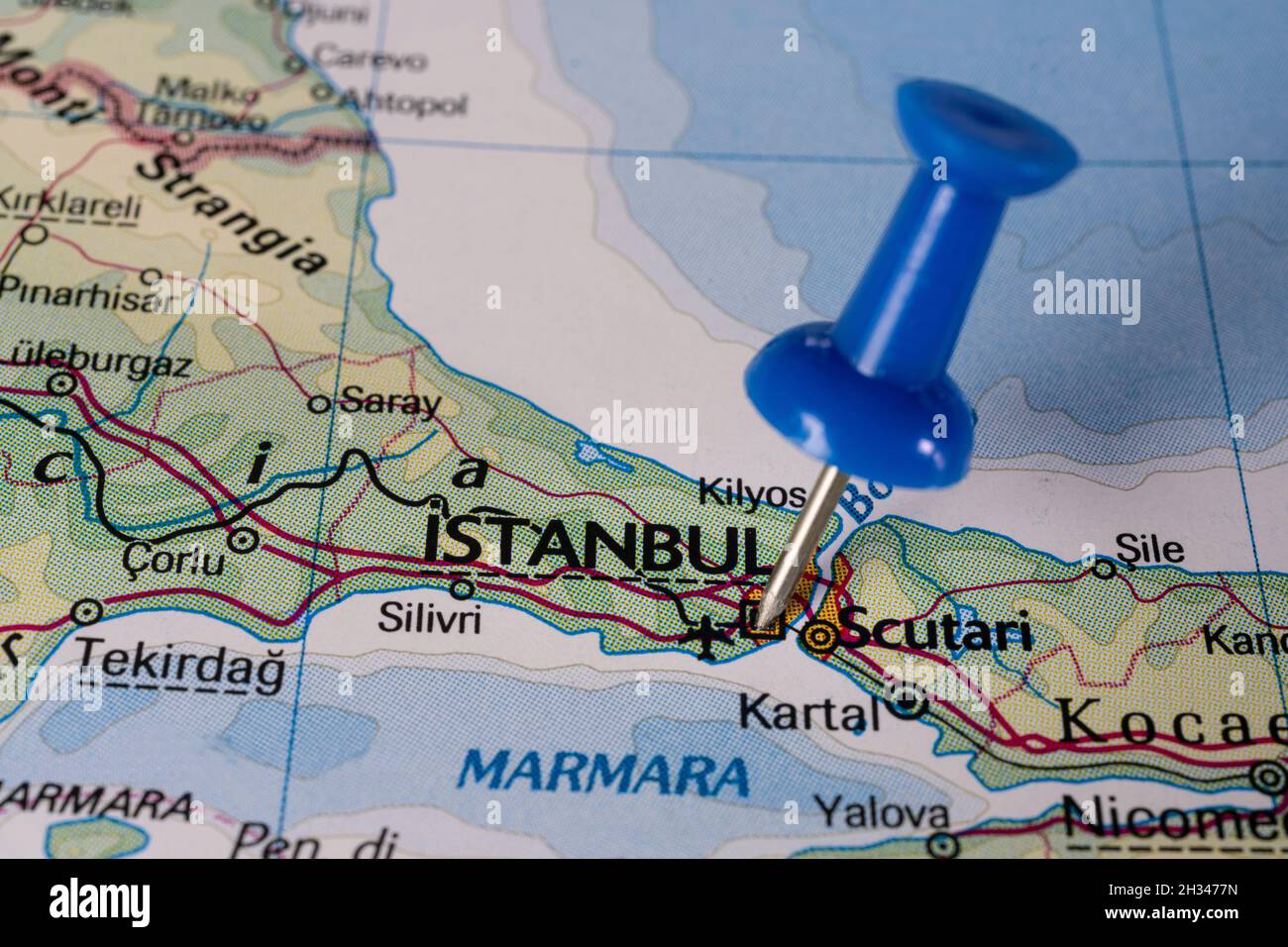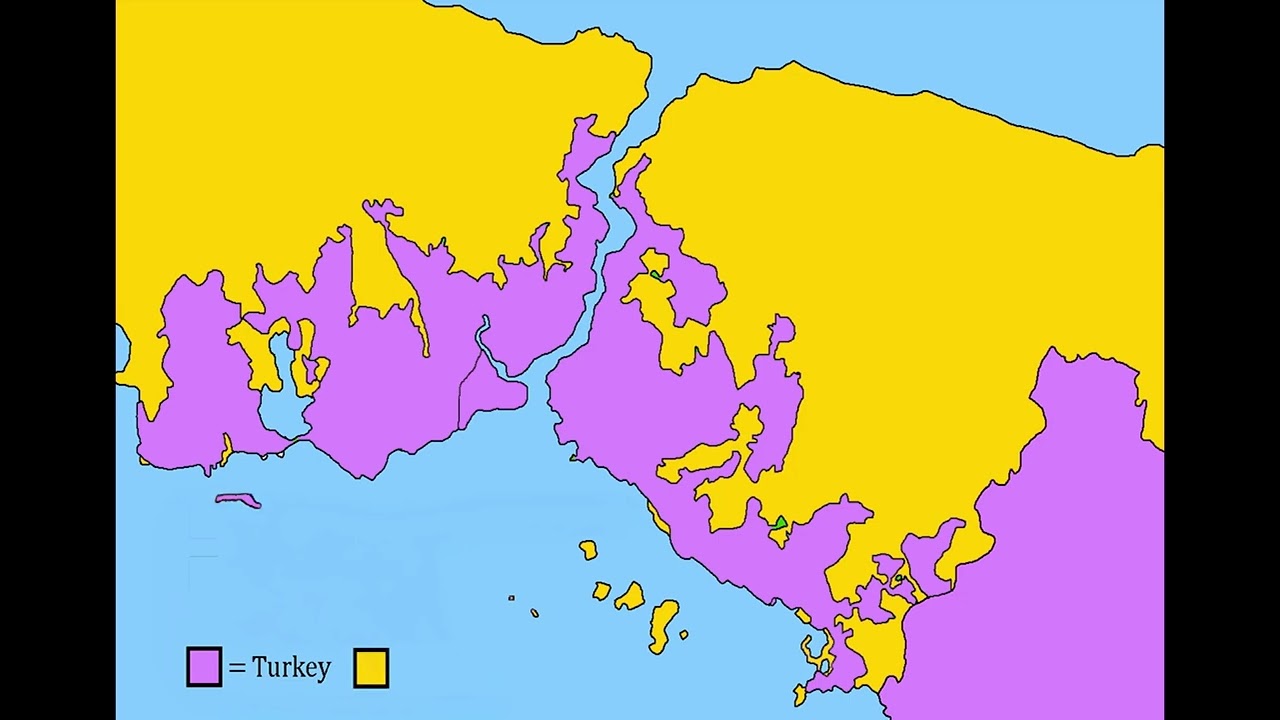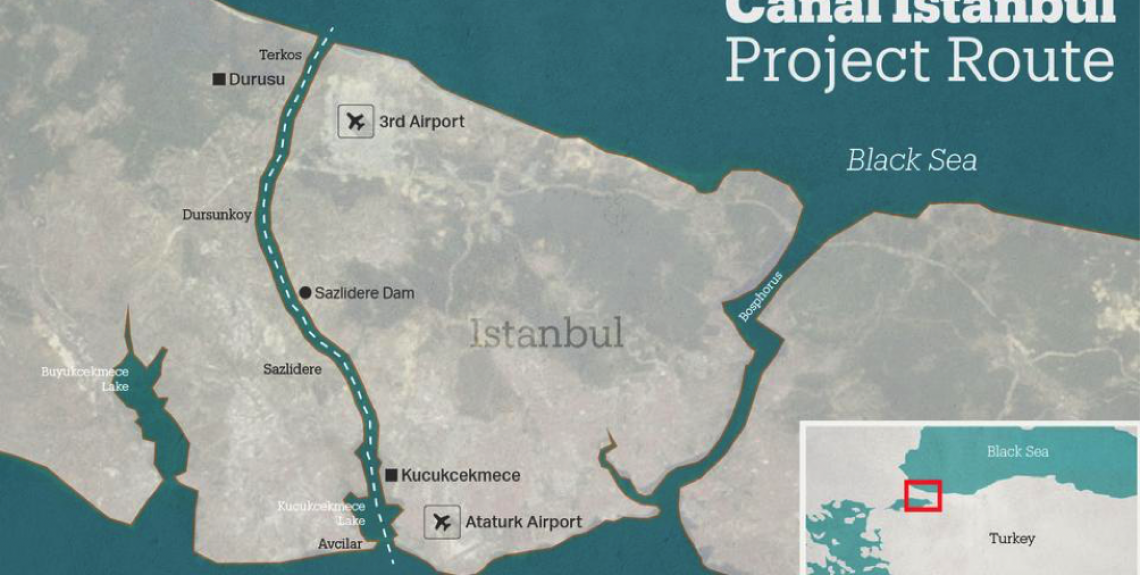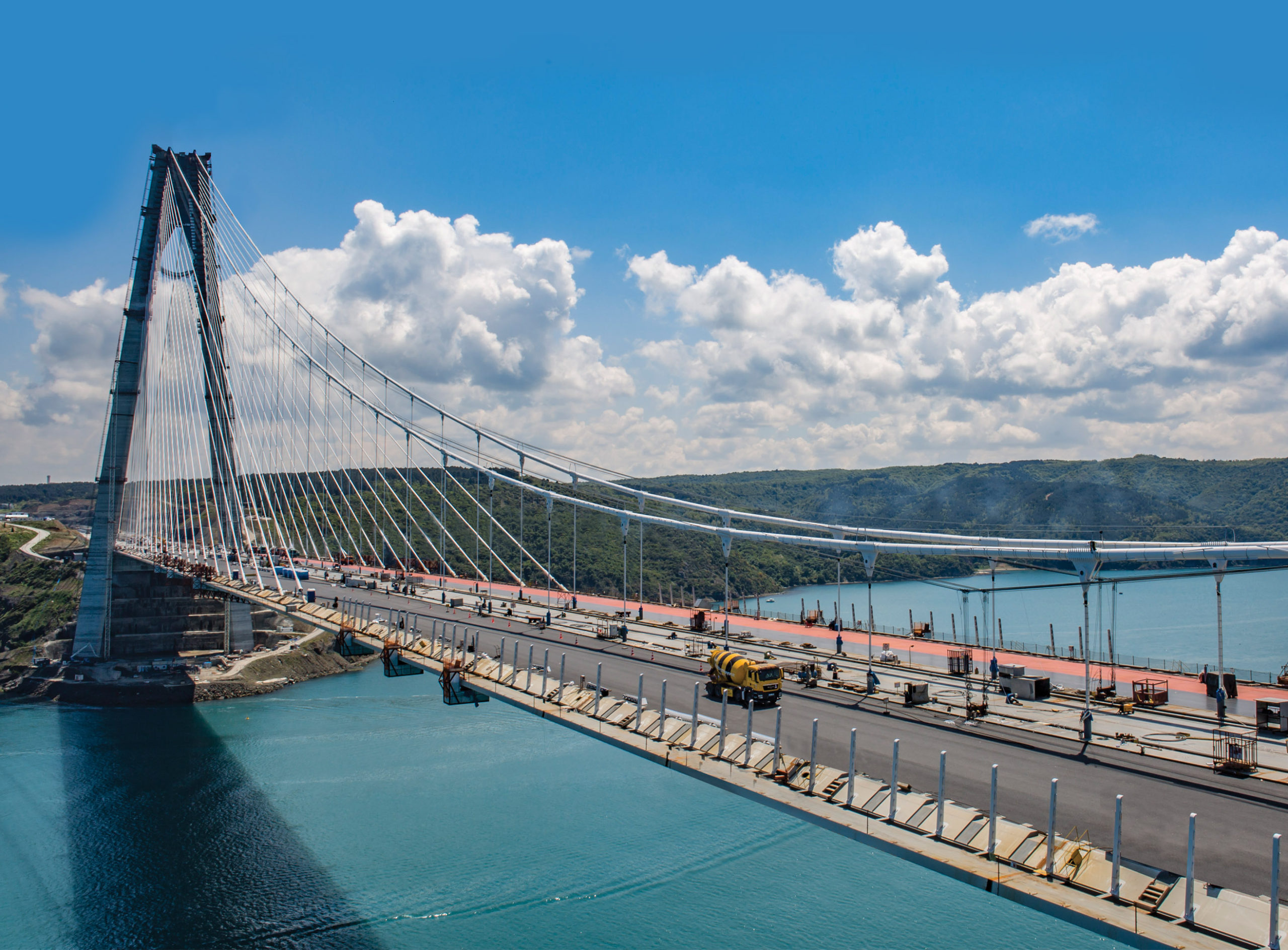Istanbul: A Geopolitical Crossroads
Related Articles: Istanbul: A Geopolitical Crossroads
Introduction
In this auspicious occasion, we are delighted to delve into the intriguing topic related to Istanbul: A Geopolitical Crossroads. Let’s weave interesting information and offer fresh perspectives to the readers.
Table of Content
Istanbul: A Geopolitical Crossroads

Istanbul’s location holds immense strategic significance, making it a pivotal point on the world map. Situated on the Bosphorus Strait, the narrow waterway separating Europe and Asia, the city bridges two continents, a unique geographical feature impacting its history, culture, and global influence. Understanding this position requires examining its historical context, economic importance, and geopolitical ramifications.
Historical Context: A Bridge Between East and West
For centuries, Istanbul, formerly known as Byzantium and Constantinople, served as a crucial nexus of trade and cultural exchange between East and West. Its commanding position controlled access to vital maritime routes connecting the Mediterranean Sea with the Black Sea, and further afield to the Caspian Sea and beyond. This control allowed empires, from the Roman to the Ottoman, to exert significant influence over vast territories. The city’s strategic location facilitated the dissemination of ideas, goods, and technologies across continents, shaping the development of civilizations across Eurasia. The remains of numerous empires, evident in the city’s architecture and cultural heritage, testify to this long history as a central point of global interaction. The numerous historical sites, including the Hagia Sophia, Topkapi Palace, and the Basilica Cistern, serve as tangible reminders of this enduring legacy.
Economic Significance: A Hub of Global Trade and Commerce
Istanbul’s position continues to fuel its economic importance. The city serves as a major transportation hub, connecting Europe and Asia via land and sea routes. The Bosphorus Strait itself is a critical artery for global shipping, with thousands of vessels transiting daily. This facilitates trade in diverse commodities, strengthening its role as a significant player in the global economy. Furthermore, Istanbul’s burgeoning service sector, particularly tourism, finance, and technology, adds to its economic clout. The city’s strategic location allows for efficient access to diverse markets, fostering international trade and investment. Its growing role as a center for finance and technology further solidifies its position as a major economic player.
Geopolitical Ramifications: A Regionally and Globally Important City
The city’s geopolitical importance is undeniable. Its location at the crossroads of Europe and Asia places it at the heart of significant regional and global power dynamics. Control over the Bosphorus Strait has historically been a source of conflict and competition, reflecting its strategic significance for regional stability and global trade. The city’s influence extends beyond its immediate geographical area, impacting international relations and global security. Its role as a bridge between different cultures and civilizations necessitates careful consideration in international diplomacy and cooperation. The city’s multifaceted nature – a blend of East and West, ancient and modern – requires a nuanced understanding of its geopolitical context.
The City’s Infrastructure: Supporting its Global Role
Istanbul’s infrastructure reflects its ambitions as a global hub. Significant investments have been made in transportation networks, including its extensive road, rail, and seaport infrastructure. The ongoing development of new airports and transportation links further enhances its connectivity. These infrastructure projects aim to streamline the movement of goods and people, solidifying its role as a major transportation center. This infrastructural development directly supports the city’s economic growth and geopolitical influence. Furthermore, the city’s ongoing urban development projects reflect its commitment to maintaining its position as a key player on the world stage.
FAQs Regarding Istanbul’s Geographical Importance
-
What is the significance of the Bosphorus Strait for Istanbul? The Bosphorus Strait is the defining geographical feature of Istanbul, providing access to both the Black Sea and the Mediterranean Sea, making it a crucial transit point for global trade and a historical focal point for empires.
-
How does Istanbul’s location impact its cultural diversity? The city’s location at the crossroads of Europe and Asia has led to a rich tapestry of cultural influences, resulting in a unique blend of Eastern and Western traditions.
-
What are the major economic benefits derived from Istanbul’s geographical position? Its location facilitates global trade, tourism, and investment, making it a major economic hub. The strategic location reduces transportation costs and expands market access.
-
What are the geopolitical challenges associated with Istanbul’s strategic location? Its strategic importance has historically led to conflicts and competition for control of the Bosphorus Strait and its surrounding region. Maintaining regional stability requires ongoing diplomatic efforts.
Tips for Understanding Istanbul’s Global Significance
-
Study historical maps: Examining historical maps illustrating the city’s position throughout different eras provides valuable insights into its evolution as a global hub.
-
Analyze trade routes: Understanding the major trade routes that pass through or near Istanbul highlights its importance in global commerce.
-
Research geopolitical events: Examining historical and contemporary geopolitical events related to the city provides a comprehensive understanding of its strategic significance.
-
Explore the city’s cultural heritage: Investigating the diverse cultural influences evident in the city’s architecture, cuisine, and traditions reveals the long history of intercultural exchange.
Conclusion: Istanbul’s Enduring Global Influence
Istanbul’s location on the Bosphorus Strait, bridging Europe and Asia, has shaped its history, culture, and global influence. Its strategic position continues to fuel its economic importance as a major transportation hub and center for trade and commerce. The city’s geopolitical ramifications are significant, requiring careful consideration in regional and global dynamics. Understanding the city’s unique geographical position is crucial for grasping its enduring influence on world affairs. Further research into its historical development, economic activities, and geopolitical context will provide a more complete appreciation of its role on the world stage.








Closure
Thus, we hope this article has provided valuable insights into Istanbul: A Geopolitical Crossroads. We thank you for taking the time to read this article. See you in our next article!